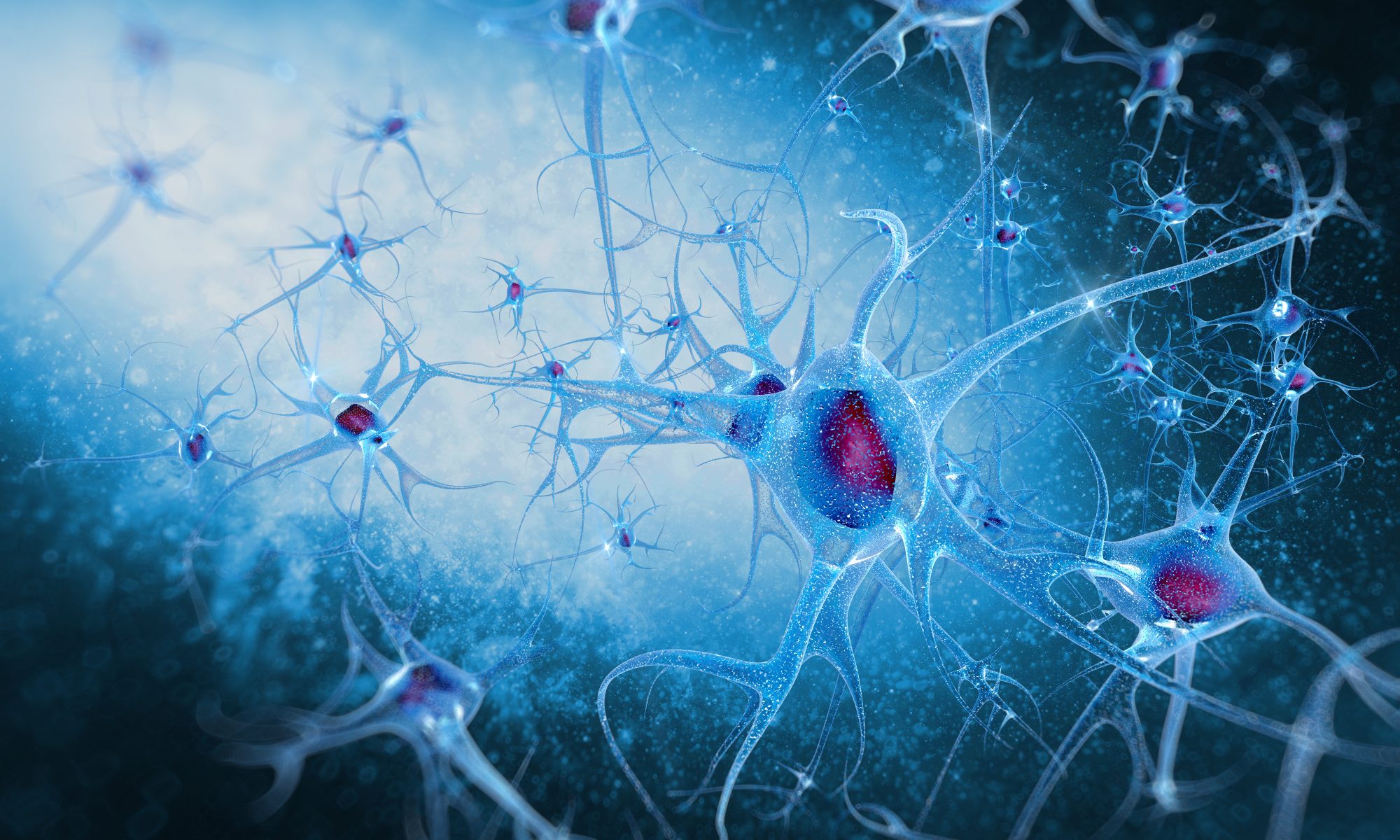UF psychologist Lori Knackstedt studies an antibiotic that may cure cocaine addiction.
Lori Knackstedt, professor of psychology, is seven years deep into research that’s yielded some surprising results: in cocaine-addicted rats, an antibiotic reduces their drug-seeking behavior and may prevent relapse. The drug Ceftriaxone appears to increase reuptake of glutamate, a neurotransmitter that regulates dopamine, the crux of the reward system. Knackstedt’s team wonders why.
Her latest paper, published online May 11 in the Journal of Neuroscience (opens in new tab), has identified novel mechanisms of how Ceftriaxone (abbreviated “Cef”) reduces cocaine seeking. However, they also found that Cef is not directly increasing gene expression of two key glutamate transporters, GLT-1 and xCT. “We do find that this antibiotic changes things in the brain,” she says. “We’re just not sure how it’s doing it.”
Knackstedt’s fascination with behavior motivates her research. Her neurobiological approach stems from her undergraduate education in biology, where a neuroscience course piqued her interest in how cellular brain processes affect behavior. Now, she’s concerned with the practical aspects of behavior modification. The Ceftriaxone research examines how an antibiotic is disrupting the reward pathway in the nucleus accumbens — the reward center of the brain — and now that they know it’s not acting directly on DNA, the team is one step closer to understanding how Cef reduces excess glutamate that supports continued addiction and encourages patients to relapse.
Next, the team will expand their perspective beyond the nucleus accumbens, but that requires a broader approach: proteomics, a portmanteau of “protein genomics,” involves the use of a mass spectrometer to analyze tissue. An emerging body of research shows that “listen to your gut” has some neuroscience behind it; a reduced gut microbiome has been linked to cocaine relapse, as well as anxiety and depressive disorders. Cephalosporin antibiotics such as Cef have been shown to reduce these behaviors, but their role in the gut–brain axis is not well understood.
Nevertheless, overuse of antibiotics has its own set of side effects. Thus, Knackstedt’s side project is to get the best of both worlds: “I’m interested in developing a drug with reduced side effects to treat addictive behaviors,” she says. “Ceftriaxone is a real contender.”
